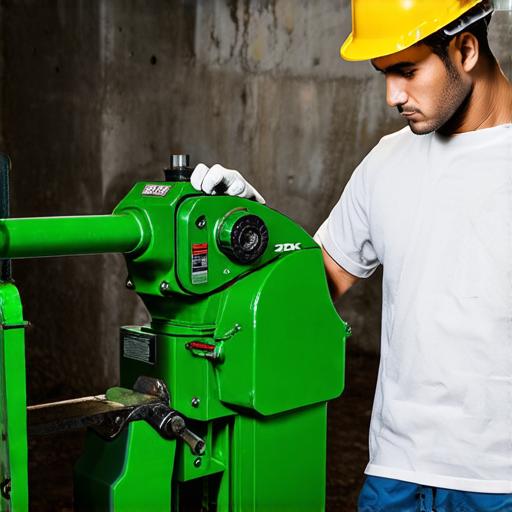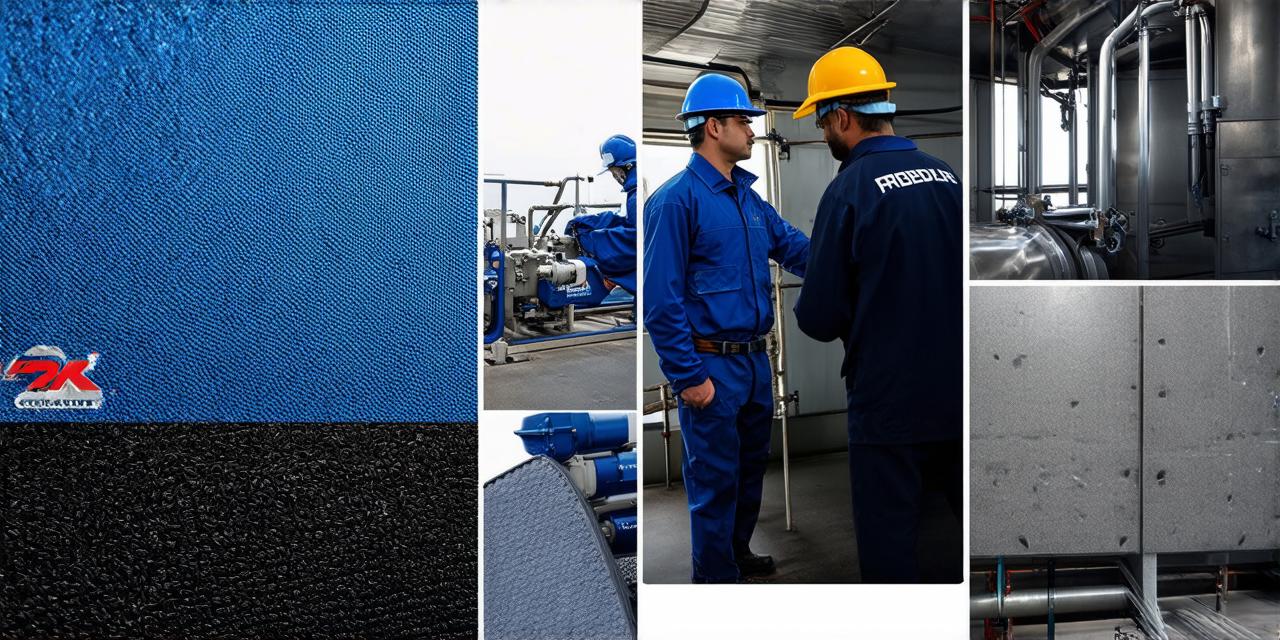Production is an essential aspect of any business, and it can be a time-consuming and resource-intensive process. In many cases, businesses may find that they do not have the necessary expertise or resources to produce goods in-house. In such situations, contracting out production can be an effective solution.
Cost Savings
One of the most significant advantages of contracting out production is cost savings. By outsourcing certain aspects of the production process to a third-party manufacturer, businesses can reduce their overhead costs and increase their profit margins.
This is particularly true for small businesses or startups that may not have the financial resources to invest in expensive equipment or facilities.
Increased Efficiency
Another advantage of contracting out production is increased efficiency. By outsourcing certain aspects of the production process to a third-party manufacturer, businesses can focus on their core competencies and allow the manufacturer to handle the more time-consuming or specialized tasks.
This can lead to faster production times and higher quality products.
Access to Specialized Expertise
One of the main advantages of contracting out production is access to specialized expertise. By working with a third-party manufacturer, businesses can tap into the knowledge and experience of a team of experts who specialize in a particular area of manufacturing.
This can be particularly useful for businesses that may not have the necessary expertise in-house.
Improved Quality Control
Finally, contracting out production can also improve quality control. By working with a third-party manufacturer, businesses can take advantage of the manufacturer’s quality assurance processes and procedures, which are designed to ensure that products meet specific standards and specifications.
This can help reduce defects and increase overall product quality.
Case Studies

There are many real-life examples of businesses that have successfully contracted out production to achieve cost savings, increased efficiency, access to specialized expertise, and improved quality control. Here are a few case studies:
1. Apple Inc.
Apple Inc., the technology giant, is well known for its outsourcing strategy. The company contracts out certain aspects of the production process to third-party manufacturers, including electronics assembly and component manufacturing. This has allowed Apple to focus on its core competencies of design and development, while the manufacturers handle the more complex tasks such as assembly and testing.
As a result, Apple has been able to achieve faster production times and higher quality products that meet its exact specifications.
2. Nike Inc.
Nike Inc., the global sports apparel giant, also contracts out certain aspects of the production process to third-party manufacturers. The company outsources shoe manufacturing and other specialized tasks such as customization and embroidery. This has allowed Nike to focus on its core competencies of marketing and branding, while the manufacturers handle the more complex tasks of manufacturing and assembly.
As a result, Nike has been able to achieve faster production times and higher quality products that meet its exact specifications, while also reducing costs and increasing profit margins.
3. Tesla Inc.
Tesla Inc., the electric car giant, contracts out certain aspects of the production process to third-party manufacturers, including battery manufacturing and assembly. This has allowed Tesla to focus on its core competencies of design and development, while the manufacturers handle the more complex tasks such as battery manufacturing and assembly.
As a result, Tesla has been able to achieve faster production times and higher quality products that meet its exact specifications, while also reducing costs and increasing profit margins.
FAQs
There are many real-life examples of businesses that have successfully contracted out production to achieve cost savings, increased efficiency, access to specialized expertise, and improved quality control. Here are a few case studies:
Q: What are the main advantages of contracting out production?
A: The main advantages of contracting out production include cost savings, increased efficiency, access to specialized expertise, and improved quality control.
Q: How does contracting out production save businesses money?
A: Contracting out production can reduce overhead costs such as purchasing and maintaining expensive machinery and hiring and training employees. In addition, businesses can take advantage of the manufacturer’s economies of scale to achieve lower per-unit costs, which will further increase profit margins.
Q: How does contracting out production improve efficiency?
A: By outsourcing certain aspects of the production process to a third-party manufacturer, businesses can focus on their core competencies and allow the manufacturer to handle the more time-consuming or specialized tasks. This can lead to faster production times and higher quality products.
Q: How does contracting out production improve quality control?
A: By working with a third-party manufacturer, businesses can take advantage of the manufacturer’s quality assurance processes and procedures, which are designed to ensure that products meet specific standards and specifications. This can help reduce defects and increase overall product quality.
Q: Is contracting out production always the best option?
A: Contracting out production is not always the best option for every business. Businesses should carefully consider their specific needs and resources before deciding to contract out production, as it may not be the most cost-effective or efficient solution in all cases.
